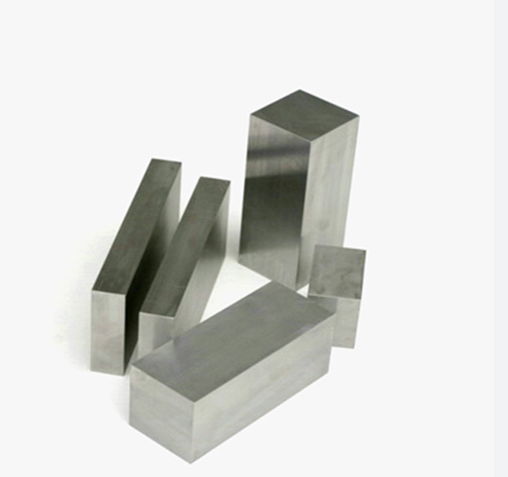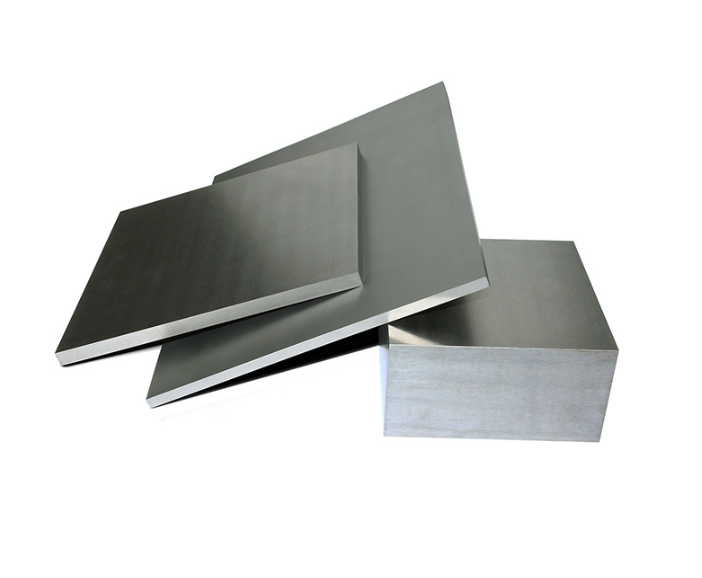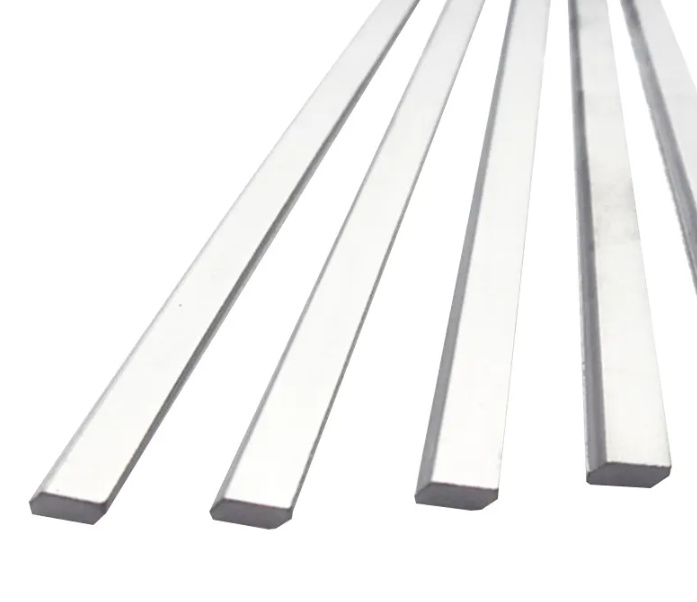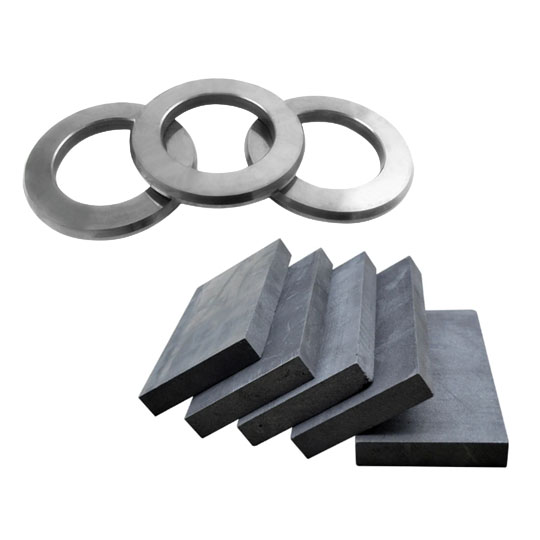Vue d'ensemble Boutons en carbure
Les boutons en carbure sont des composants essentiels dans diverses industries, en particulier dans le domaine du forage et de l'exploitation minière. Ces composants minuscules, robustes et très durables sont fabriqués en carbure de tungstène, un composé qui présente une dureté et une résistance à l'usure exceptionnelles. Les boutons en carbure jouent un rôle crucial dans l'efficacité des outils utilisés pour la coupe, le forage et l'usinage.
Dans ce guide complet, nous nous pencherons sur les spécificités des boutons en carbure, en abordant leurs types, leurs applications, les propriétés des matériaux et la manière de choisir ceux qui conviennent le mieux à vos besoins. Nous comparerons également les différents boutons en carbure, discuterons de leurs avantages et de leurs limites et fournirons des tableaux détaillés pour vous aider dans votre processus de prise de décision. Plongeons dans le monde des boutons en carbure et explorons leurs subtilités.
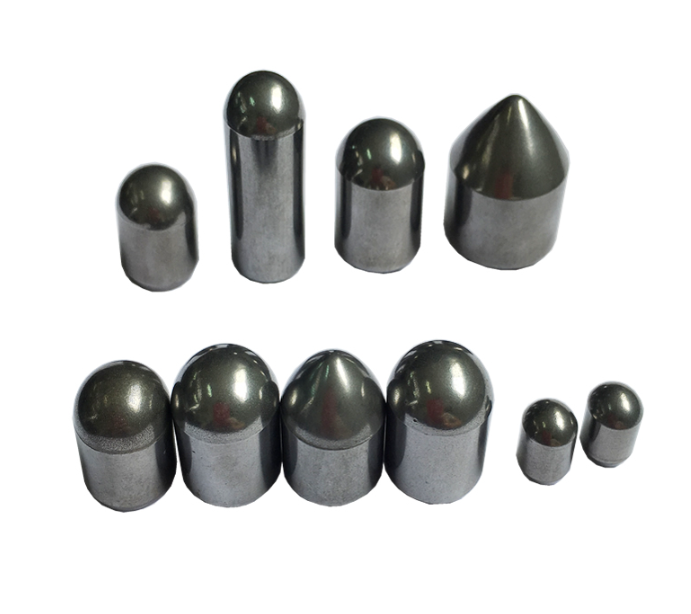
Types de boutons en carbure
Il est essentiel de comprendre les différents types de boutons en carbure pour choisir celui qui convient à votre application. Le tableau ci-dessous classe les différents boutons en carbure en fonction de leur forme et de leur utilisation.
| Type de bouton en carbure | Description |
|---|---|
| Conique | Idéal pour le forage dans les formations rocheuses dures, offrant une excellente pénétration et résistance. |
| Sphérique | Offre une résistance à l'usure et une durabilité supérieures, adaptées aux conditions de forage difficiles. |
| Ciseau | Conçue pour les roches tendres à moyennement dures, elle offre une bonne efficacité de coupe. |
| Parabolique | Utilisation polyvalente dans diverses conditions de forage, équilibrant la pénétration et la résistance à l'usure. |
| Plat | Meilleur pour le forage dans des formations moyennement dures, offrant un équilibre entre la durabilité et la coupe. |
| Semi-balistique | Combine les caractéristiques des boutons coniques et sphériques, offrant une grande polyvalence dans le forage. |
| Multi-facettes | Utilisés pour des tâches de forage spécialisées, ils présentent des caractéristiques d'usure et de performance uniques. |
| Trapèze | Conçus pour des applications spécifiques, ils offrent des performances sur mesure. |
| En dôme | Offre une excellente résistance aux chocs et une grande durabilité, utilisée dans des environnements de forage exigeants. |
| Inserts de boutons | Polyvalent pour différentes applications, il offre des performances adaptées à des besoins spécifiques. |
Applications des boutons en carbure
Les boutons en carbure sont utilisés dans un large éventail d'applications, grâce à leurs propriétés exceptionnelles. Le tableau ci-dessous présente les applications courantes de ces composants.
| Application | Description |
|---|---|
| Exploitation minière | Utilisés dans les forets miniers pour percer les formations rocheuses difficiles. |
| La construction | Essentiel dans les outils de construction pour briser et couper le béton et l'asphalte. |
| Exploration pétrolière et gazière | Intégré dans les trépans pour l'exploration et l'extraction du pétrole et du gaz naturel. |
| Tunnels | Utilisé dans les tunneliers pour l'abattage et le forage efficaces des roches. |
| Exploitation de carrières | Employés dans les carrières pour couper et façonner la pierre. |
| Construction de routes | Utilisé dans les fraiseuses routières pour couper l'asphalte et le béton. |
| Découpage du métal | Fait partie intégrante des outils d'usinage pour la coupe et la mise en forme des métaux. |
| Agriculture | Utilisé dans les machines agricoles pour labourer le sol et briser les rochers. |
| Automobile | Utilisé dans la construction automobile pour l'usinage et la découpe de précision. |
| Aérospatiale | Utilisé dans l'ingénierie aérospatiale pour le découpage et le perçage de haute précision. |
Propriétés matérielles des Boutons en carbure
Les boutons en carbure sont réputés pour leurs propriétés matérielles exceptionnelles. Voici un tableau résumant leurs principales caractéristiques.
| Propriété | Description |
|---|---|
| Dureté | Dureté exceptionnelle, généralement comprise entre 1400 et 1800 HV. |
| Résistance à l'usure | Haute résistance à l'usure, prolongeant la durée de vie des outils. |
| Résistance à la compression | Résistance supérieure à la compression, garantissant la durabilité sous pression extrême. |
| Conductivité thermique | Excellente conductivité thermique, permettant une dissipation efficace de la chaleur pendant l'utilisation. |
| Résistance à la corrosion | Résistants à la corrosion, ils peuvent être utilisés dans des environnements difficiles. |
| Solidité | Ténacité élevée, réduisant le risque de fissuration ou de rupture sous contrainte. |
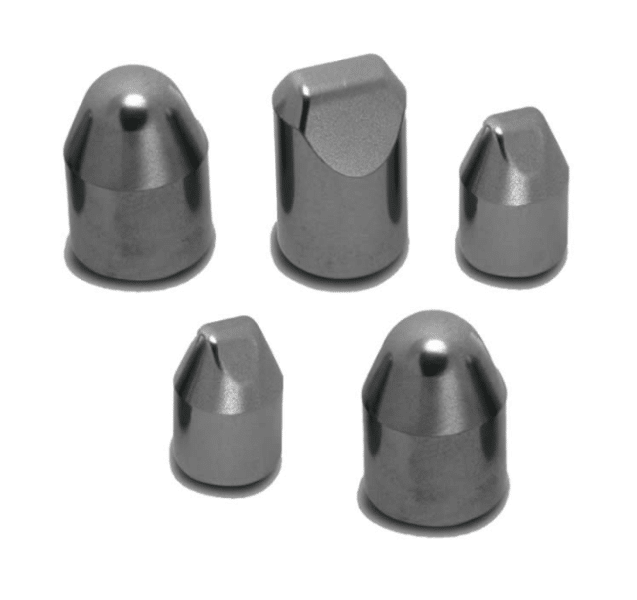

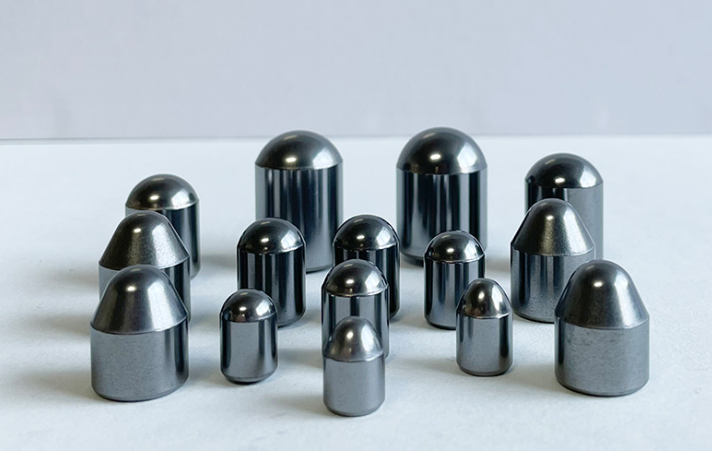
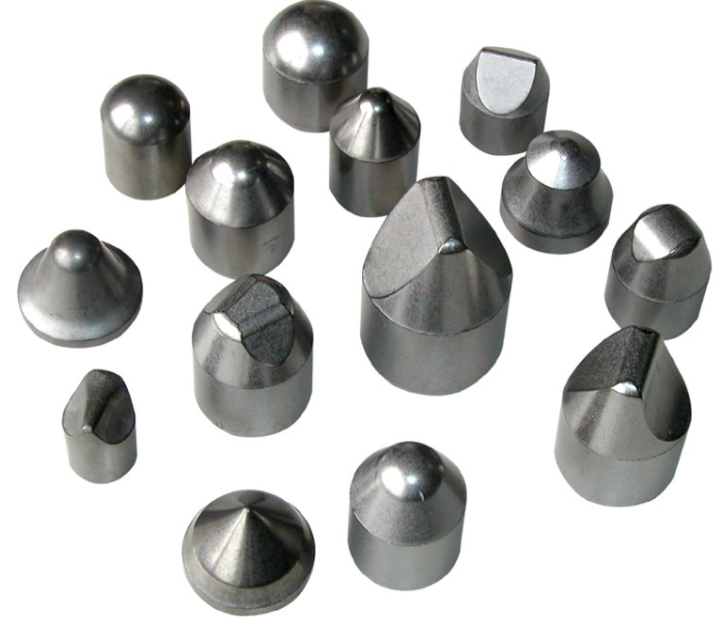
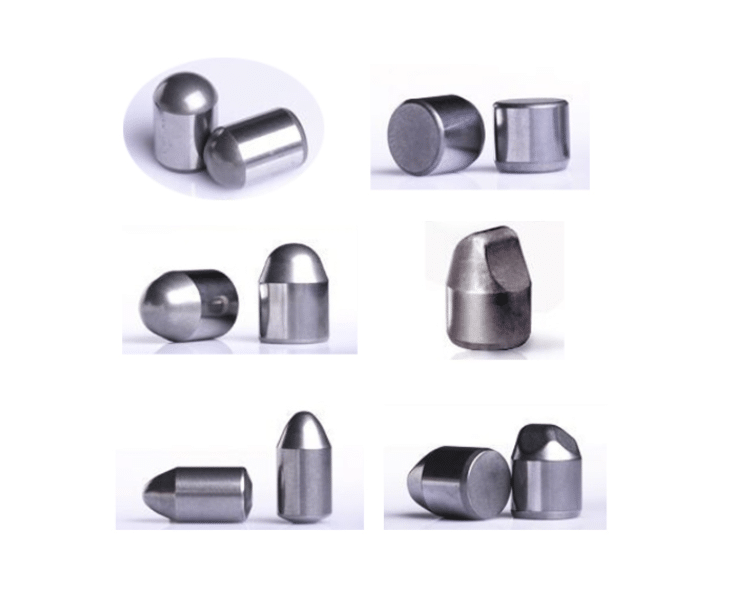
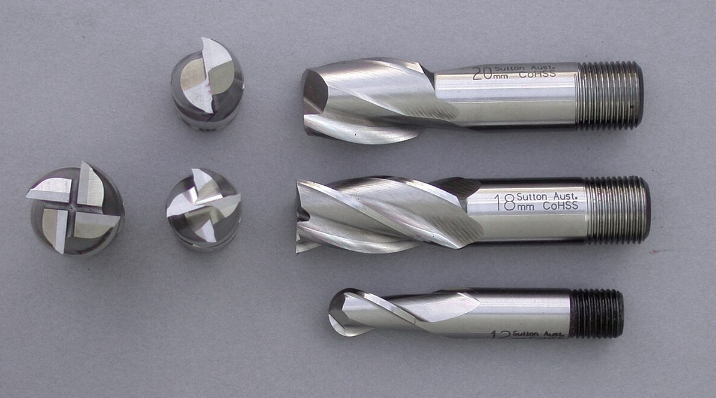
Composition, propriétés et caractéristiques
Les boutons en carbure sont fabriqués à partir de poudre de carbure de tungstène et de liant de cobalt. Le tableau ci-dessous détaille leur composition, leurs propriétés et leurs caractéristiques.
| Composant | Description |
|---|---|
| Carbure de tungstène (WC) | Matériau primaire offrant une dureté et une résistance à l'usure exceptionnelles. |
| Cobalt (Co) | Matériau liant, offrant une grande robustesse et améliorant la durabilité globale des boutons. |
| Taille des grains | Structure à grains fins, améliorant la dureté et la résistance à l'usure des boutons en carbure. |
| Densité | Densité élevée, généralement de l'ordre de 14,5 à 15,0 g/cm³, ce qui contribue à leur solidité et à leur durabilité. |
| Dureté (HV) | Dureté allant de 1400 à 1800 HV, garantissant des performances exceptionnelles dans des conditions difficiles. |
Dureté, solidité et résistance à l'usure
La dureté, la solidité et la résistance à l'usure des boutons en carbure sont essentielles pour leur performance. Le tableau suivant met en évidence ces propriétés.
| Métrique | Valeur |
|---|---|
| Dureté (HV) | 1400-1800 HV |
| Résistance à la compression | 4000-7000 MPa |
| Résistance à l'usure | Élevée, adaptée aux environnements abrasifs |
Spécifications, tailles, formes et normes
Les boutons en carbure sont disponibles dans différentes spécifications, tailles, formes et normes. Voici un tableau détaillé.
| Spécifications | Description |
|---|---|
| Gamme de tailles | Les diamètres sont généralement compris entre 6 et 25 mm, les longueurs variant en fonction des besoins de l'application. |
| Formes | Conique, sphérique, ciselé, parabolique, plat, semi-balistique, multiface, trapézoïdal, bombé. |
| Normes | Se conformer aux normes ISO et ANSI, afin de garantir la qualité et la cohérence. |
Fournisseurs et détails des prix
Il est essentiel de savoir où s'approvisionner en boutons en carbure et de connaître leurs prix. Voici un tableau contenant des informations sur les fournisseurs et des détails sur les prix.
| Fournisseur | Fourchette de prix (USD) | Description |
|---|---|---|
| ABC Carbide Co. | $10 - $50 par pièce | Offre une large gamme de boutons en carbure pour diverses applications. |
| Fournitures industrielles XYZ | $12 - $45 par pièce | Connue pour ses produits de haute qualité et son excellent service à la clientèle. |
| Solutions globales en carbure | $15 - $55 par pièce | Fournit des boutons en carbure personnalisés pour répondre à des besoins spécifiques. |
| Outils de forage de première qualité | $18 - $60 par pièce | Spécialisée dans les outils de forage et d'exploitation minière, y compris les boutons en carbure. |
| Fournitures minières innovantes | $20 - $65 par pièce | Offre une gamme complète de boutons en carbure et de produits connexes. |
Choisir les bons boutons en carbure
Choisir les bons boutons en carbure peut s'avérer décourageant. Voici un tableau qui vous guidera dans le processus de sélection en fonction de différents critères.
| Critère | Considérations |
|---|---|
| Application | Adapter le type de bouton en carbure à l'application spécifique (par exemple, perçage, coupe). |
| Matériau Dureté | Veillez à ce que la dureté du bouton en carbure corresponde au matériau avec lequel vous travaillez. |
| Résistance à l'usure | Tenez compte de la résistance à l'usure requise pour votre application. |
| Forme et taille | Choisir la forme et la taille appropriées en fonction de l'outil et de l'application. |
| Réputation du fournisseur | Choisissez des fournisseurs réputés pour leur qualité et leur fiabilité. |
| Budget | Équilibrer le coût avec la qualité et la performance des boutons en carbure. |
Avantages et limites de la Boutons en carbure
Les boutons en carbure présentent de nombreux avantages, mais aussi certaines limites. Voici un tableau comparatif.
| Aspect | Avantages | Limites |
|---|---|---|
| Dureté | Dureté exceptionnelle, permettant d'utiliser des matériaux résistants. | Peut être cassant en cas de contraintes extrêmes. |
| Résistance à l'usure | Haute résistance à l'usure, prolongeant la durée de vie des outils. | Coût initial plus élevé que celui de certains autres matériaux. |
| Durabilité | Performance durable dans les applications exigeantes. | Requiert des conditions spécifiques pour une performance optimale. |
| Polyvalence | Convient à une large gamme d'applications. | Peut nécessiter des techniques de manipulation et d'utilisation spécialisées. |

FAQ
| Question | Réponse |
|---|---|
| À quoi servent les boutons en carbure ? | Les boutons en carbure sont utilisés dans le forage, l'exploitation minière, la construction et d'autres applications nécessitant des outils durs et résistants à l'usure. |
| Comment sont fabriqués les boutons en carbure ? | Ils sont fabriqués à partir de poudre de carbure de tungstène et d'un liant de cobalt, pressés et frittés pour former des composants durs et durables. |
| Qu'est-ce qui rend les boutons en carbure si durs ? | Le matériau en carbure de tungstène offre une dureté exceptionnelle, ce qui les rend adaptés à la coupe et au perçage de matériaux difficiles. |
| Les boutons en carbure peuvent-ils être personnalisés ? | Oui, de nombreux fournisseurs proposent une personnalisation pour répondre aux besoins d'applications spécifiques. |
| Comment choisir le bon bouton en carbure ? | Tenez compte de l'application, de la dureté du matériau, de la résistance à l'usure, de la forme, de la taille, de la réputation du fournisseur et du budget. |
| Les boutons en carbure sont-ils chers ? | Ils peuvent être plus coûteux au départ, mais permettent de réaliser des économies à long terme grâce à leur durabilité et à leur durée de vie prolongée. |
| Quelle est la durée de vie d'un bouton en carbure ? | La durée de vie varie en fonction de l'application et des conditions d'utilisation, mais elle est généralement plus longue que celle des autres matériaux. |
| Les boutons en carbure peuvent-ils être recyclés ? | Oui, le carbure de tungstène peut être recyclé, ce qui en fait une option respectueuse de l'environnement. |

